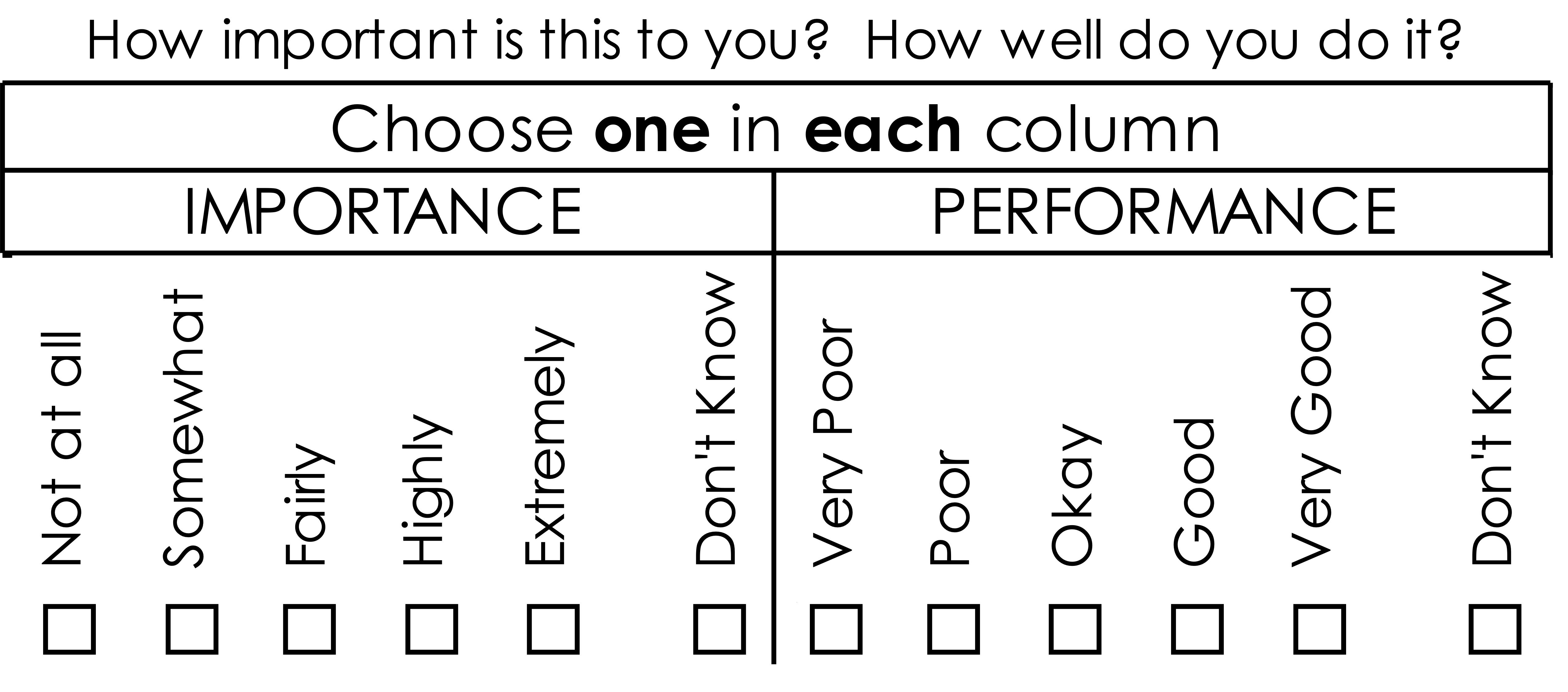Learn How to Speak More Clearly
- Home
- Basic Productivity Skills
- How to Speak More Clearly
Do you ever think about the number of leaders who are wondering how to speak more clearly? Lots!
Every executive, senior level professional, manager or leader of anything needs to get their thoughts across. It's a must.
So much time is lost because of unclear communication. We assume the other person knows what we are talking about. We only give half the information needed to do the job. We ramble and go off on tangents while talking.
Seek to be crisp and clear in your communications. Stick to your point. Ask, “What is the other person hearing? How do I know they understand what I said? Am I so clear, that they can repeat it back to me?”
Clear communication means someone doesn’t have to come back to you to ask all over again. It means the job gets done sooner and with more accuracy. It means less frustration and more satisfaction for everyone.
"Clarity is the essence and root of efficiency – the more clear we are in defining assignments, roles, expectations, problems, obstacles, and solutions, the more precise everyone's efforts can be."
Julie Morgenstern, Making Work Work
Five Days of Coaching on How to Speak More Clearly So People Understand

DAY ONE
What
you say and what the other person hears may be two entirely different things.
It's often the source of problems. Determine today to be a leader who communicates
with clarity. Starting now, be as complete and understandable as you possibly
can in your communications. Don't assume the other person will know what you
know. If it's important, be as thorough and as clear as possible.
The Coach asks:
- How clear do you think you are? What if others aren't understanding you as you think they are? What if there is still more room for learning how to speak more clearly?
- What feedback have you received over time about your communication skills? How have you taken that to heart?
- Take time to think about all your communication today. Seek to be as compete, clear, and understandable as possible. Be intentional about assessing how you think you did in every instance.
- Determine to be that leader who people clearly understand.
DAY TWO
Today practice finishing one topic before you go on to something else. Finish your thought and your topic first to guard against rambling.
The Coach asks:
- How would you define rambling in speech? How prone are you to rambling when you speak?
- Practice completing one thought before going on to another. Does this come easy to you? If not, what can you adjust to be better?
- While this might not be a rule, practice communicating three points to get your idea or directive across. 1. 2. 3. It could help you in a practical way to stay focused and clear.
- What have you already noticed as you practiced communicating more clearly?
DAY THREE
When giving instructions, check to see that the other person has got it. If it's important, don't assume. If they can mirror it back to you with understanding, you have done a good job. Start writing it down if necessary.
The Coach asks:
- Ask a few people to mirror back to you what you just said? Did they capture correctly the instructions you were trying to communicate?
- How important do you think getting some feedback will be as you learn how to speak more clearly?
- What value is there in first writing down what it is you want to say? In what ways does this keep your thoughts brief, clear and organized?
- How often do you assume the other person knows exactly what you said? How important is it to you, whether or not they actually did "get it?"
DAY FOUR
Notice today how often things are not done the way you asked them to be. Think about what is going on. Is it a function of the person doing the task or a function of your communication about what the task entailed? Where do corrections need to be made?
The Coach asks:
- Get serious about communicating clearly. If it didn't get done the way you asked it to be done, something went wrong. Maybe just one part of the several parts of communication and response necessary, went off. What was it? The words you spoke? The interpretation? The execution? Sort it out and improve.
- How can you speak more in the way the other party needs to hear information? How willing are you to adjust to accommodate their method of listening and comprehending? If you felt you needed to, how would you accommodate? What would you adjust?
- How patient are you in correcting a miscommunication or misperception?
- What matters?
DAY FIVE
Step up and reach towards being a superior communicator. Start listening to great speeches for their brevity and depth of thought. Create made up situations while you are all alone and practice communicating complicated and detailed messages, emotionally loaded messages, memos, messages with numbers, multi-person instructions, soaring and inspiring rhetoric. Practice it all to become a better, clearer and more crisp communicator.
The Coach asks:
- Practice communicating clearly around five different types of information today?
- Corrective information
- Hard news to deliver
- Three steps you want carried out
- A big vision of some future potential
- Boring, complicated detail
- What did you notice as you did this exercise? In what ways is it a confidence booster?
- Create another list of five different types of information, and practice. Do so for several days. Record your learning and make adjustments as necessary.
- Who else in your organization could benefit from such intentional practice?
Unless You Speak Intelligible Words

As a Christian Executive Leadership Coach I encourage Christian leaders to reflect on God's Word to add to their wisdom.
- 1 Cor 14:9 Unless you speak intelligible words with your tongue, how will anyone know what you are saying?
- Heb 10:24 And let us consider how we may spur one another on toward love and good deeds ..
- Ex 25:9 Make this tabernacle and all its furnishings exactly like the pattern I will show you.
- Nu 10:6,7 At the sounding of a second blast, the camps on the south are to set out. The blast will be the signal for setting out. To gather the assembly, blow the trumpets, but not with the signal for setting out.
- 1 Cor 13:33 For God is not a God of disorder ..
- Jn 12:50 So whatever I say is just what the Father has told me to say.
If you are a leader, executive, or senior level professional looking to work with a Christian Executive Coach, I invite you to connect with me here.
If appropriate, we can meet by phone or Zoom to discuss your situation.
Record Your Progress
This is your opportunity to track your progress. Start by asking yourself how important this practice is to you? Record the importance as - not at all, somewhat, fairly, highly or extremely.
Now next to it ask yourself how well you carry out this practice. Record your performance as - very poor, poor, okay, good or very good.

The things we track, we pay attention to. Across time, come back and record your new results. You will find that as you are intentional about making improvements, you will bump your "score" up higher.
This is significant. Don't miss the opportunity to acknowledge your success, and use it as a springboard for making even further gain.
Notes
There is so much out there about how to speak more clearly. Take advantage of all the posts, YouTube videos, etc. Now practice over and over. I guarantee you'll build confidence and be much more prepared to speak up and clearly communicate anything that needs to be brought across.
Contact me here Privacy Policy
© G.E.Wood and Associates. All Rights Reserved in all media.
G.E. Wood and Associates is an international coaching firm registered in Ontario, Canada
142 Pratt Crescent, Gravenhurst, Ontario, Canada, P1P 1P5